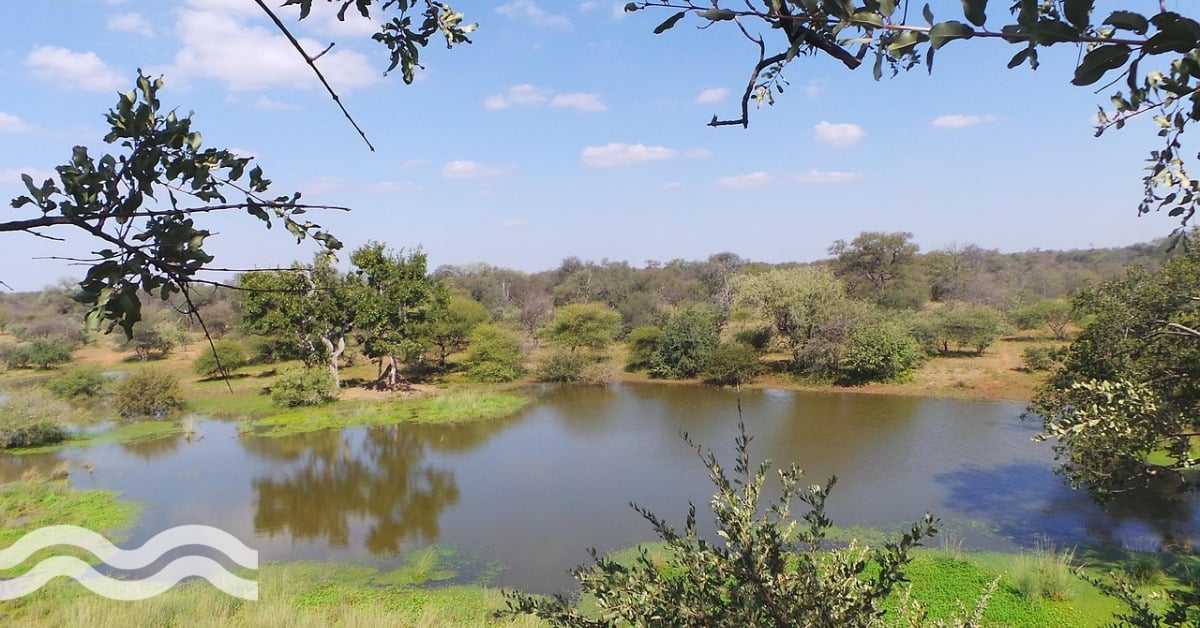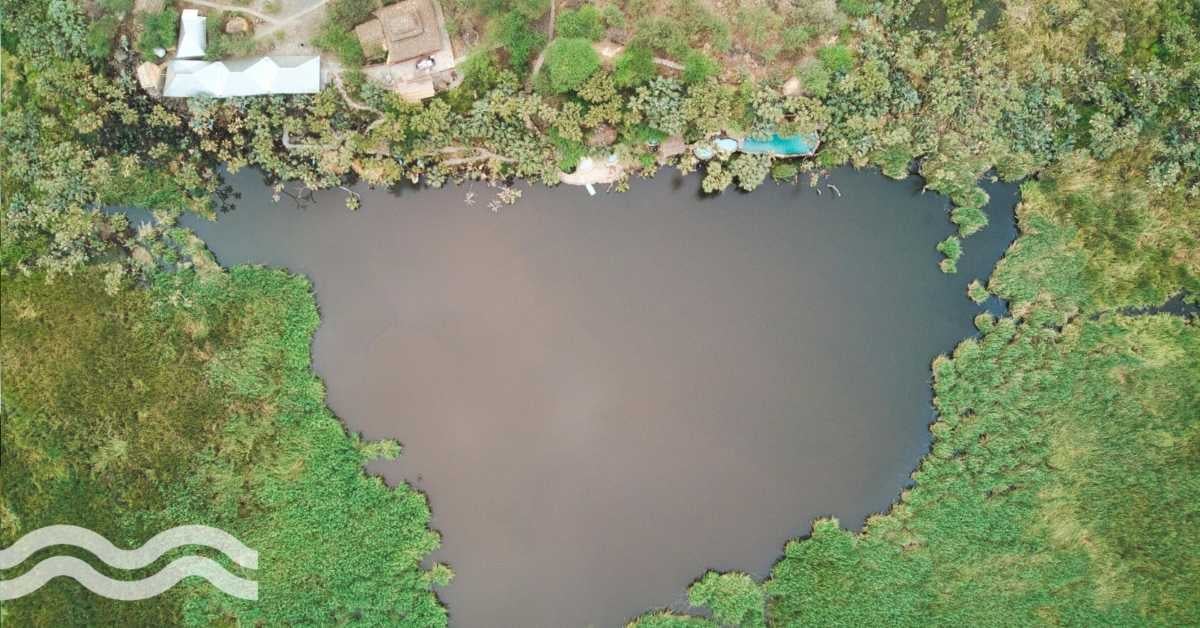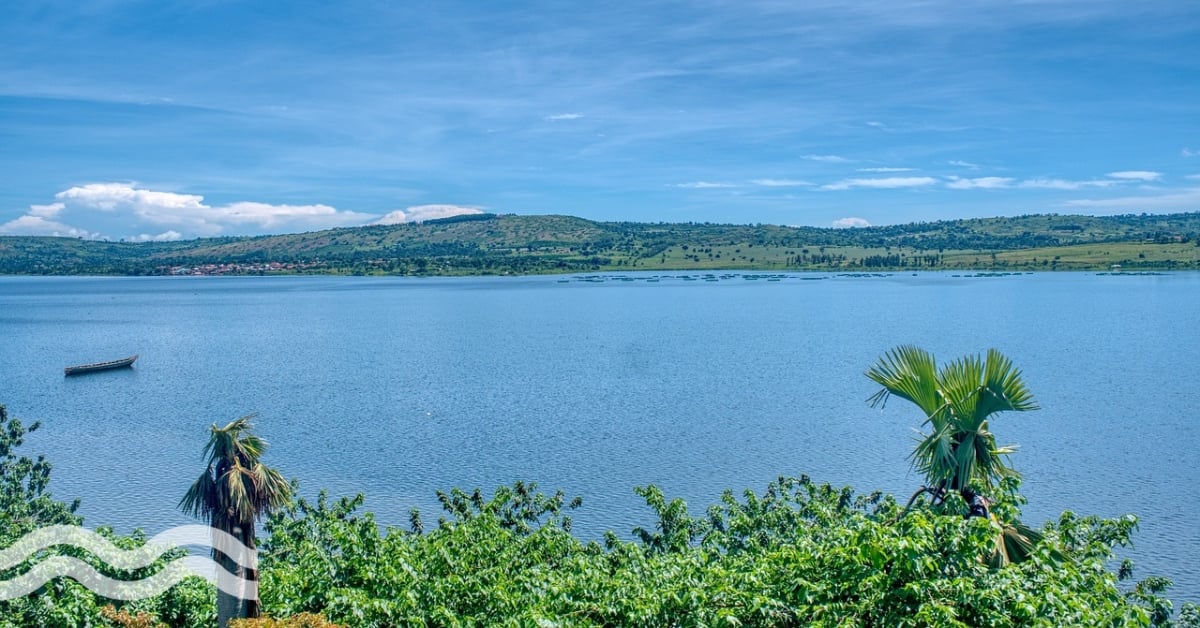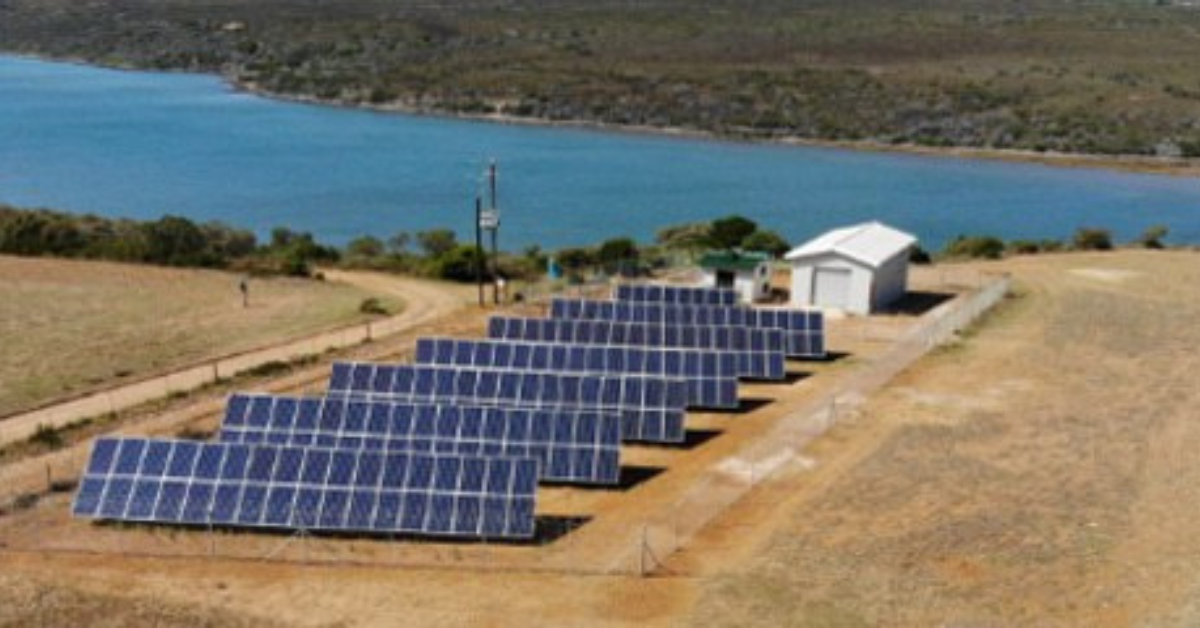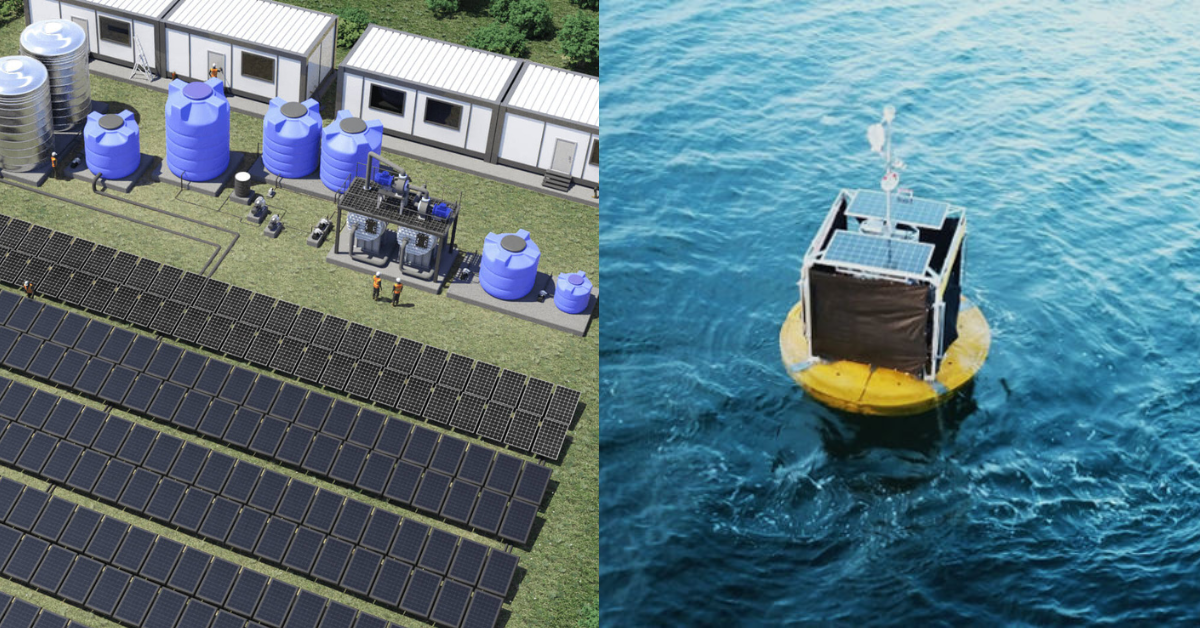Angola's infrastructure projects improve water security
Angola’s government is addressing the country’s water security and access challenges through a series of infrastructure projects that include a new desalination plant, smart metering, treatment plants and boreholes.
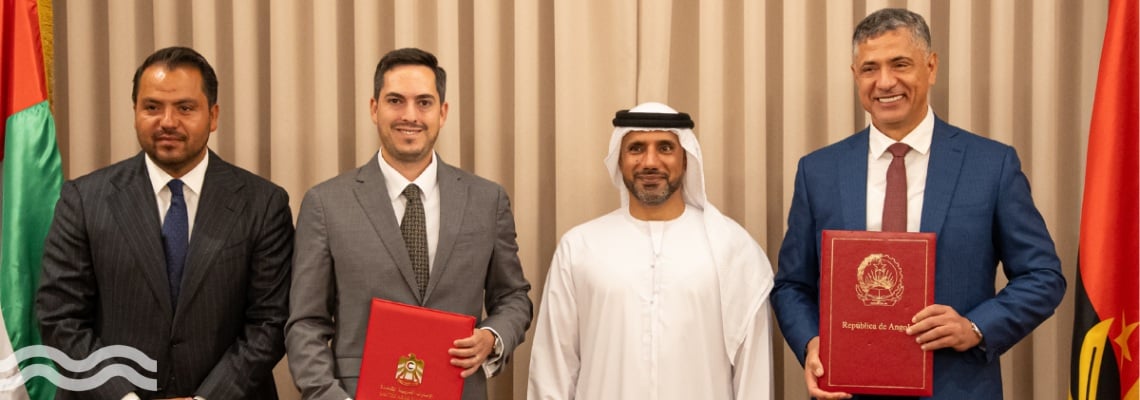
Improving access to clean water
Government data suggest that 44 per cent of the population does not have access to safe drinking water, while only 55 per cent have access to what the World Health Organization describes as adequate sanitation. In more remote regions, the figures for both these metrics are even lower, increasing the risk of health-related issues.
Cholera outbreaks are not uncommon, with hundreds of deaths reported in an outbreak in the first quarter of 2025. In response, Angola’s health authorities embarked on a mission to understand more about the country’s main water sources with the ultimate aim of guaranteeing access to treated water in a bid to stop future Cholera outbreaks.
Supported by the World Health Organization (WHO) and United Nations Children's Fund (UNICEF), the government has helped to train public health officials in mapping and identifying possible contamination sites to allow water treatment specialists to attend.
Improving infrastructure to meet rising demand
Expanding access to clean drinking water comes with challenges. As well as improving infrastructure in rural areas, where access to clean water is available to only 34 per cent of the population, the country’s capital, Luanda, is expanding rapidly with a population of more than 10 million people. Add in the demands of industry, agriculture and tourism, demand is expected to double by 2030.
Part of the government’s agenda is a ‘flagship’ infrastructure programme called PROÁGUA, which will be implemented by the Swiss company Mitrelli. The €170m project will upgrade ageing infrastructure, expanding treatment and distribution capacity, and strengthen the operational autonomy of Angola’s public utility, EPAL.
The project includes the rehabilitation of four major wastewater treatment plants, construction of two decentralised compact units (DCUs), and the installation of six desalination units and 15 water boreholes. In addition, 9,000 new water meters, including smart meters for high-volume users, will be installed, along with digital systems for utility management and customer service.
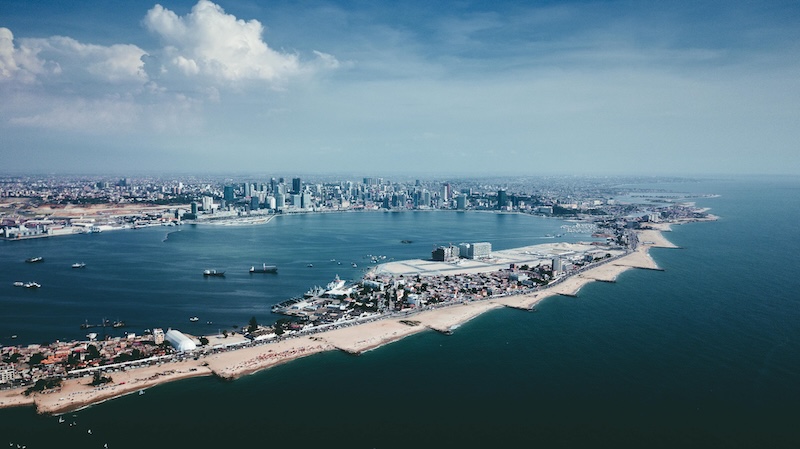
International cooperation helping Angola meet its water targets
In 2024, UK Export Finance (UKEF) announced a €22 million direct loan to support the construction of a rural water supply project in the Quiminha region of Angola. The project is being delivered by global infrastructure specialists, Elecnor Servicios y Proyectos S.A.U., on behalf of Angola’s Ministry of Public Works.
It will provide clean water for approximately 100,000 people in the region by rehabilitating the Quiminha Dam and delivering new infrastructure for the storage and distribution of water.
At the time of the agreement being signed, the UK’s minister for Africa, Lord Collins of Highbury, said: “This ground-breaking deal will provide vital water management that will transform lives.”
He added: “Our partnership with Angola is strong, and this funding will provide huge benefits, including new water supplies and protection from the harsh impacts of climate-related events, including drought.”
Modernising and optimising water plants
SUEZ is also working with EPAL on a project worth €100 million over three years that will modernise five of the capital's water plants and optimise their processes. This will be complemented by the installation of new production facilities, including three compact units supplied by SUEZ.
More than 12 million people living in three provinces are expected to benefit from the project. The company, which has been operating in Angola since the 1970s and which is currently building the BITA drinking water production plant, scheduled for commissioning by the end of 2026, will also undertake a knowledge transfer programme with EPAL.
Desalination in Mussulo
Angola is a West African country featuring a 1,650km coastline bordering the Atlantic Ocean. Like other countries in the area, it is turning to desalination to improve water security. Spanish-based water and energy company Cox will partner with AMEA Power to develop a seawater desalination plant on the Mussulo peninsula, south of the capital city, Luanda.
The companies, operating under a joint venture, Water Alliance Ventures, signed an agreement with Angola’s Ministry of Energy and Water worth €171m to deliver a plant with a capacity of 100,000 m³/day that will supply drinking water to 800,00 people living on the peninsula and reduce pressure on water supplies in the region.
After signing the agreement, Enrique Riquelme, executive chairman of Cox, stated: “Angola is a country with major challenges and opportunities regarding water, and together with AMEA Power and the Angolan government, we aim to provide sustainable solutions that guarantee access to safe drinking water for its citizens.”
Hussain Al Nowais, chairman of AMEA Power, added: “Our partnership with MINEA represents a transformative step toward securing a sustainable and climate-resilient water supply for Angola. This project demonstrates the power of public-private collaboration to close critical infrastructure gaps, strengthen communities, and improve the lives of hundreds of thousands of people for generations to come.”
Operation is expected to begin in the second half of 2028. It will be built in two phases, both supplying 50,000 m³/day. Each phase is expected to generate between 200 and 300 jobs during construction and around 25 permanent jobs during operations.
